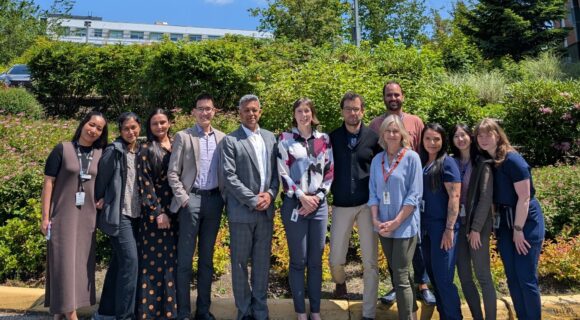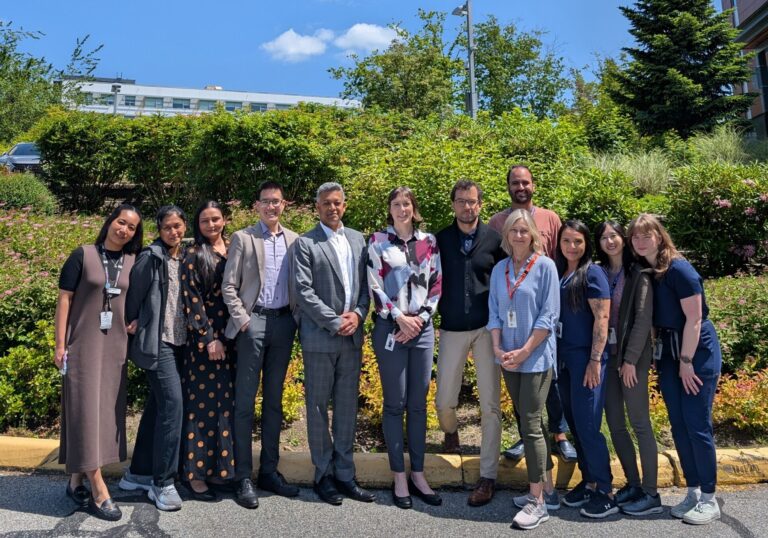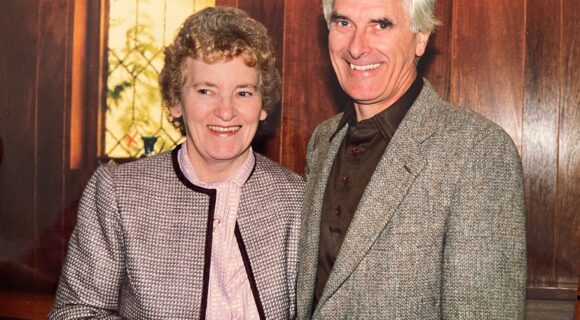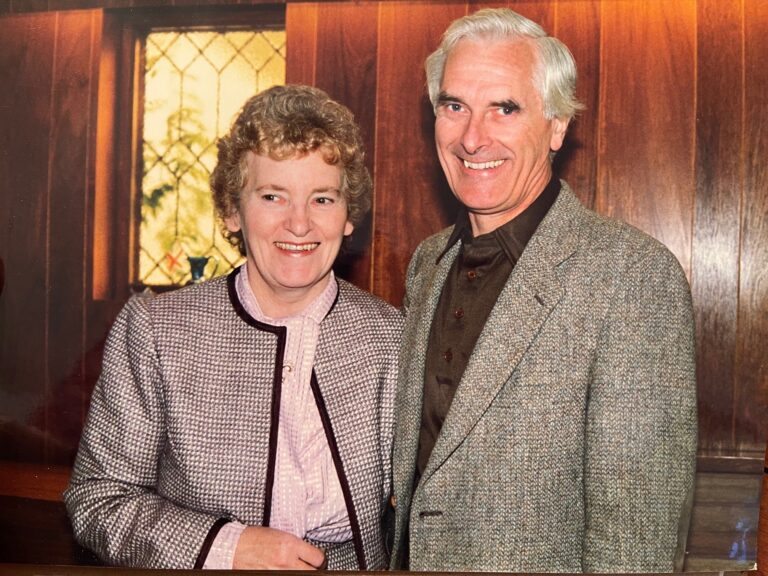Thanks to your generosity, we’ve raised more than $2 million for thoracic surgery.
Your donations have made Surrey Memorial the first hospital in Western Canada to offer patients innovative new procedures to identify lung cancer and treat esophageal disease.
In fact, Fraser Health’s Surrey-based Thoracic Surgery Program is now the most technologically advanced in Canada!
The largest of only four in BC, this program has developed an international reputation for leadership in minimally invasive (key-hole) procedures to treat cancer, trauma and other conditions of the chest (thorax), abdomen and neck. By avoiding traditional open surgery, patients have less pain and a faster recovery.
Dr. James Bond, Chief of Thoracic Surgery for Fraser Health, notes that the recently acquired equipment will allow the four surgeons to take their expertise in minimally invasive surgery to the next level, advancing new “incision-less” procedures that provide even better outcomes for patients.
“I am very grateful to everyone who supported the campaign. Our donors are not only helping patients benefit from the new procedures right away, but also investing in the future of thoracic surgery,” he says. “Our team will be able to use this technology to develop new techniques that can be shared with other hospitals world-wide, as well as to provide the best possible experience for training fellows and residents.”
For example, Surrey Memorial Hospital is now first hospital outside of Ontario to use the SuperDimension™ Navigation System, which is expected to revolutionize the treatment of smaller lung cancers. The technology enables surgeons to find cancers located deep in the lungs using a targeting device similar to GPS threaded through the patient’s airway. Once found they can be “marked” to aid treatment by surgery or radiation. In the near future, this device will make it possible to ablate (destroy) smaller cancers from inside the patient’s airway – incision-less lung cancer surgery.
In addition, the newly acquired POEM (Peroral Endoscopic Myotomy) equipment will mean that patients with achalasia, a debilitating disorder that makes it difficult for food to pass into the stomach, can get relief from a new endoscopic procedure. Previously, patients had to undergo open surgery.
In total, donor support enabled the Thoracic Surgery Program to acquire five new pieces of innovative equipment. Foundation President & CEO Jane Adams notes that the fundraising campaign was successful because the thoracic surgery need resonated with donors, many of them former patients.
“We launched the campaign in February at our Celebration of Care Gala, and the community has shown incredible support. Less than a year later, most of the equipment is already in service,” she says.



